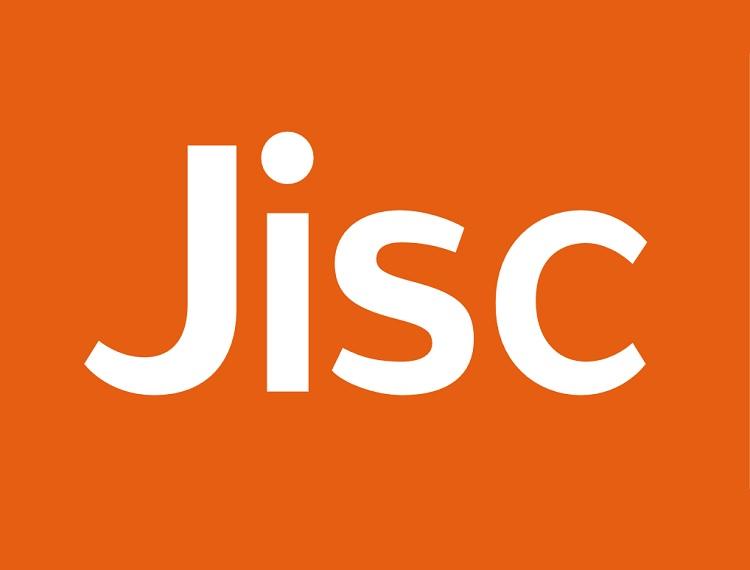Challenging adult learners to be the best they can be

Provisional figures for the first half of 2017-18 show the numbers participating in adult education are continuing to fall.
Yet as new, less secure employment patterns develop, traditional jobs become obsolete and new jobs emerge, it has never been more important for people to keep on learning. What can colleges do to help?
The Department for Education’s latest report on further education and skills shows that the number of adults in England taking part in government-funded FE programmes between August 2017 and January this year fell to 1,495,300.
That compares with 1,537,100 in the same months of the last academic year.
Numbers have fallen across the board (only courses at level 4+ showed any increase), as they have every year since 2013-14.
Learning for life
An impact report published late last year by the WEA, an adult education charity specialising in providing courses for hard-to-reach learners, highlights the far-reaching benefits that adult education brings, both for learners and for the wider community.
It shows, for example that 57% of its learners who were unemployed and searching for work found a job after completing their course.
It also offers evidence of significant impacts on personal wellbeing and cultural integration.
Eighty-two percent of the WEA’s learners with mental health concerns reported improvements in their condition and 48% said they had more understanding of other cultures.
Encouraging hard-to-reach learners
Much of what the WEA says in its report will strike a chord at Bolton College, which also has significant numbers of hard-to-reach learners in the local communities it serves.
Karen Westsmith, director of adult and community at Bolton College, says:
“We aim to get people used to learning by starting with short, non-accredited courses such as healthier lives, employability and cookery. Lots of introductions to things.
“We have lots of learners who would find college an alien space, as well as others with disabilities or caring responsibilities who can’t easily get here. So we have three community hubs and about 40 ‘spokes’ in little venues like nurseries and churches so that any perceived barriers are broken down.
“Learners can then progress onto accredited courses when they are ready.”
For the majority of adult learners the need to find stable work that pays the bills outweighs most other considerations.
“We need to get people, especially the long-term unemployed, into jobs fast and we work closely with sector-based work academies and the local authority on this,” says Karen.
“They help us make sure we’re teaching the digital skills, practical techniques and wider skills that employers want, and building relationships that will help our learners find the right job.
“In our area, nearly 20% of jobs are still in engineering and manufacturing and we’ve invested in appropriate technologies so that learners leave us with skills that are transferable. We built a STEM centre in 2014 and our college learning resource centres are equipped with Apple Macs, interactive whiteboards, self-issue laptops and state of the art scanning and printing.”
Preparing for the future
From September, the college will implement an adult entitlement offer, designed to challenge and motivate adult learners to be the best they can be.
Any adult on a course of six or more hours per week will be expected to come to the college once a week for a tutorial and to take a GCSE in addition to their chosen course.
It is a development intended to encourage more people to develop the core skills in English and maths that they’ll need for most jobs and progression to higher education.
Karen explains:
“This is a big ask but alongside it we’ll offer support to help learners comply – for example, we’ll help to find childcare places if learners need them and utilise hardship funding for those who need it to pay for places or transport to college.
“But then we’ll expect learners to step up, take responsibility and get their children to the nursery or child minder and come to college on time consistently. The continuation of funding is matched to attendance and commitment. They’ll have to do this when they start work so we’re challenging them to develop the right mindset.
“We’re training our staff now so that they are ready for the change and can make appropriate challenges if learners aren’t taking responsibility for themselves and their learning. It’s a significant culture change for staff who might have fallen into the trap of being ‘too understanding’ with adults in the past.
“In the long term, it doesn’t do anyone any favours and by supporting learners to attend and achieve we can ensure they are positioned well for future jobs and progression.”
Taking the next step – Katherine’s story

When Katherine Crowther’s husband asked her what she wanted to do next, after several years as a full-time mum, she decided on a complete change of career direction.
Before her career break she’d worked her way up to a senior position in regional magazine publishing, but decided to go to Bolton College to improve her GCSE grades in science and maths and then see what else was out there.
“I was so inspired by my teacher that I decided I wanted her job,” says Katherine.
“After that I started an access to nursing and midwifery course, which I’m just completing now. It includes biology and psychology modules and these qualify me to start a degree in human biology and infectious diseases, which is what I’ve really set my heart on. I’ll join that course at the University of Salford in September.
“When it ends in 2021 I’ll be in my early 50s, and I’ll be coming back here to complete my PGCE.
“I have never been particularly academically minded and I probably wouldn’t have stuck with it without the amazing commitment of the staff here at Bolton College. They’ve taught me well and helped me through so much, including a series of bereavements. When I’ve needed help to stay on track they’ve come up with solutions and they’ve gone the extra mile for me many, many times.
“Like most colleges, funding is tight here and the laptops aren’t always as fast as they could be, but the staff more than make up for frustrations like that. Often, people develop workarounds, and many use their own devices.
“I’ve loved every second of the courses I’ve done. I have developed a passion for science and a determination to teach here at Bolton College.”











Responses